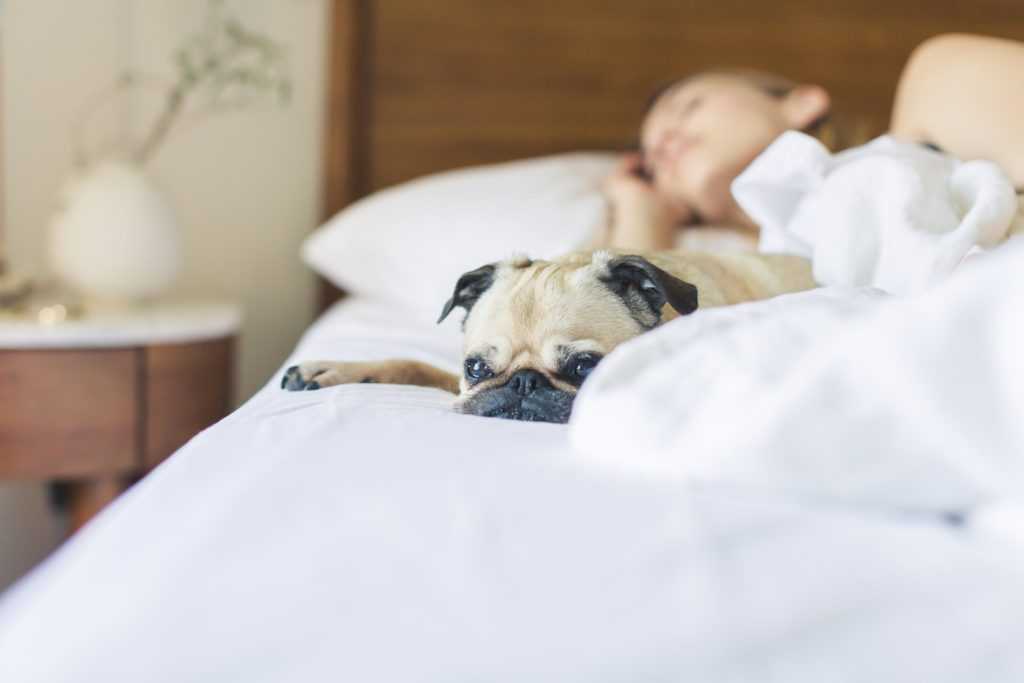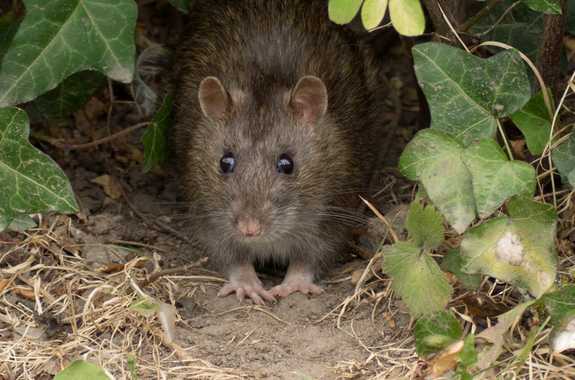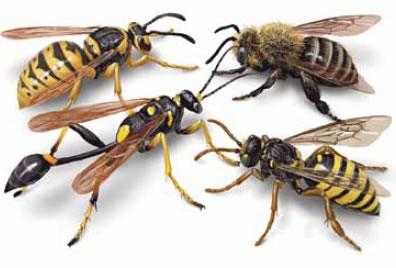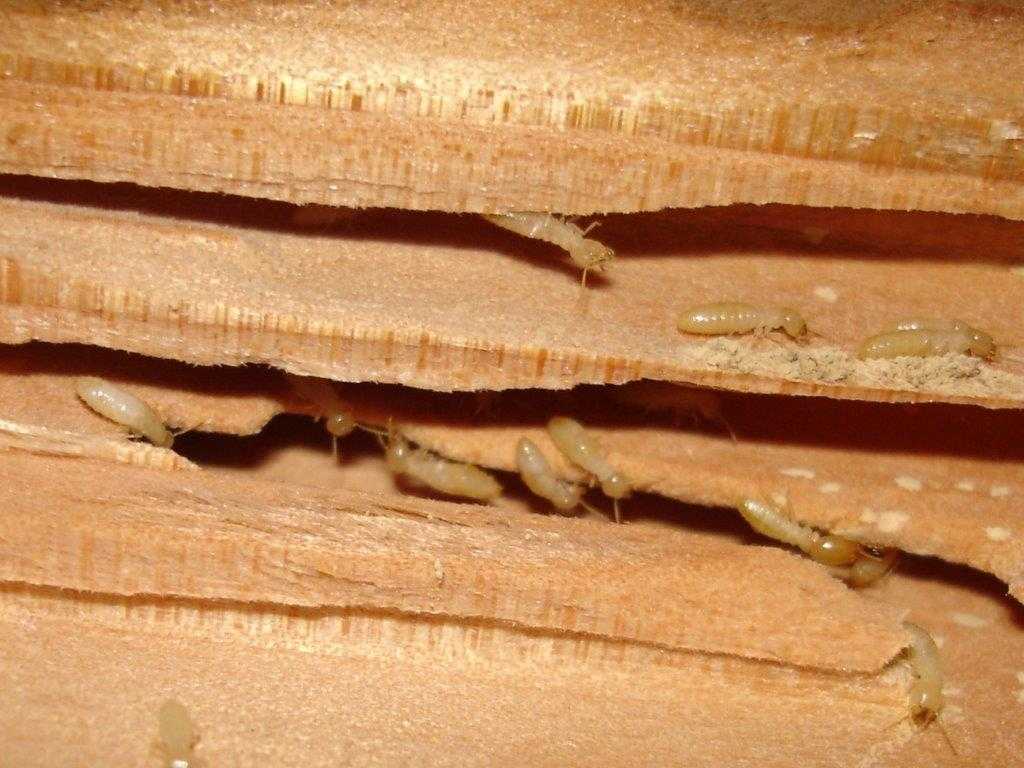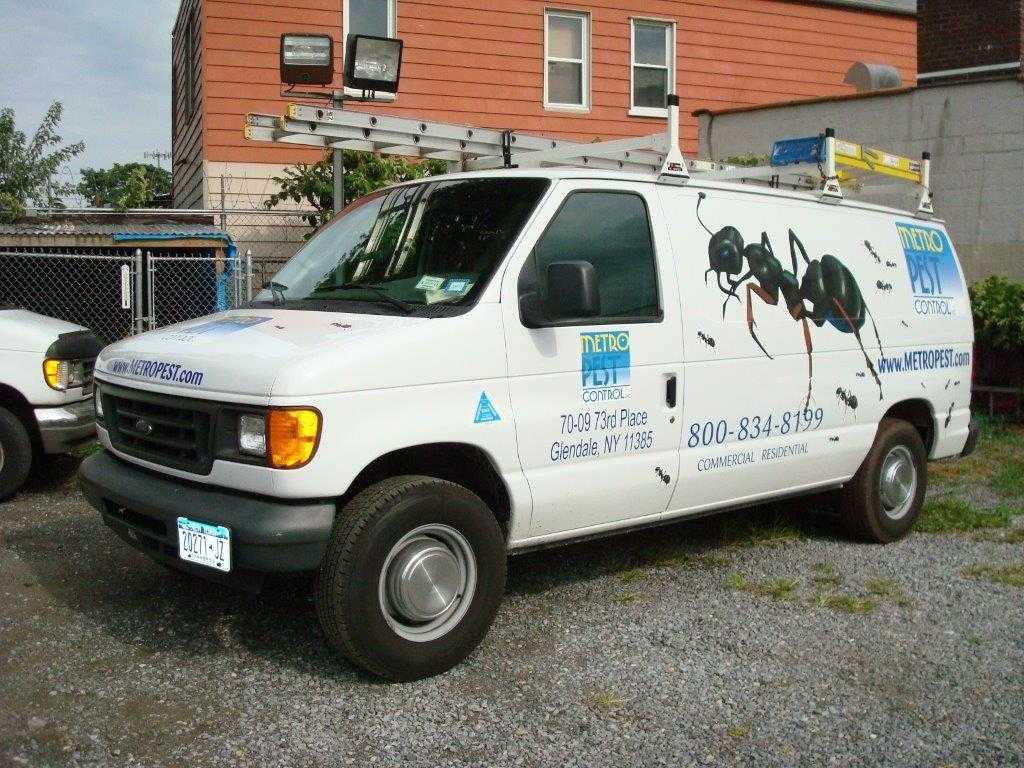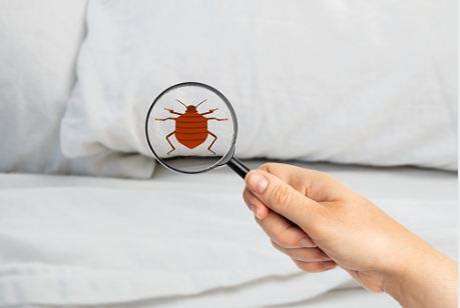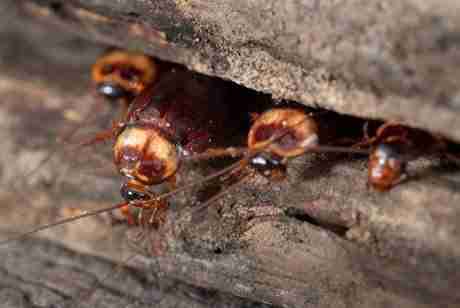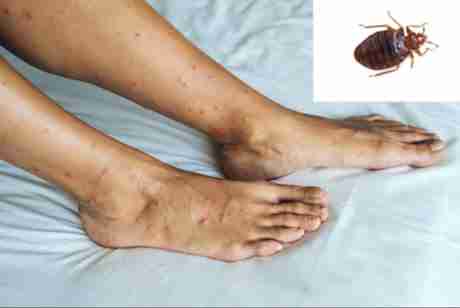Raccoons are intelligent, curious animals that are entertaining to watch from afar, but they are not creatures with whom you want to get too close. Raccoons eat almost anything including garbage, birdseed, and pet food. They are known to destroy your lawn and garden, damage your home's building materials, and even spread diseases that can be deadly to you and your domestic pets. With all of this in mind, it's easy to understand why folks who have a raccoon problem are so eager to discover how to get rid of raccoons!
How to Recognize if You Have a Raccoon Problem
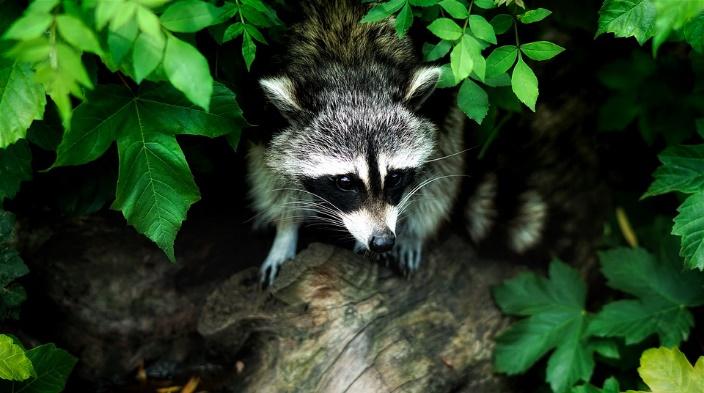
Raccoons are nocturnal creatures which means they usually come out at night. As a result, it can be difficult to identify their presence. Pay attention to the signs that raccoons leave behind to determine if you have a raccoon problem.
We recommend keeping a watch out for the following:
- Raccoons can be seen feeding
Raccoons are untidy, voracious eaters who leave a trail of destruction behind them after a meal. Raccoon feeding can be identified by overturned garbage cans, grass or garden damage, an empty, spilled, or shifted pet food dish, damaged compost piles, and empty or broken bird feeders, among other things. - Tracks
Raccoon and possum tracks are similar in appearance. Raccoons have claws on all of their toes and walk flat-footed like humans. Raccoon tracks are distinguished by their diagonal track pattern, which is similar to that of deer. Their footprints are 2-3" wide on the front feet and 3-4" long on the back feet, with a longer heel on the back foot. - Droppings
Racoon droppings have broken or rounded ends and are cylindrical in shape. They are usually dark in color, though the color varies depending on the diet of the animal. Typically, the scat contains berry seeds and may show evidence of garbage. - Strange noises
Strange noises may be heard around your property late at night. Mewing, whistling, and snarling are some of the sounds made by raccoons.
How to Get Rid of Raccoons? Learn about raccoon in attic removal & more
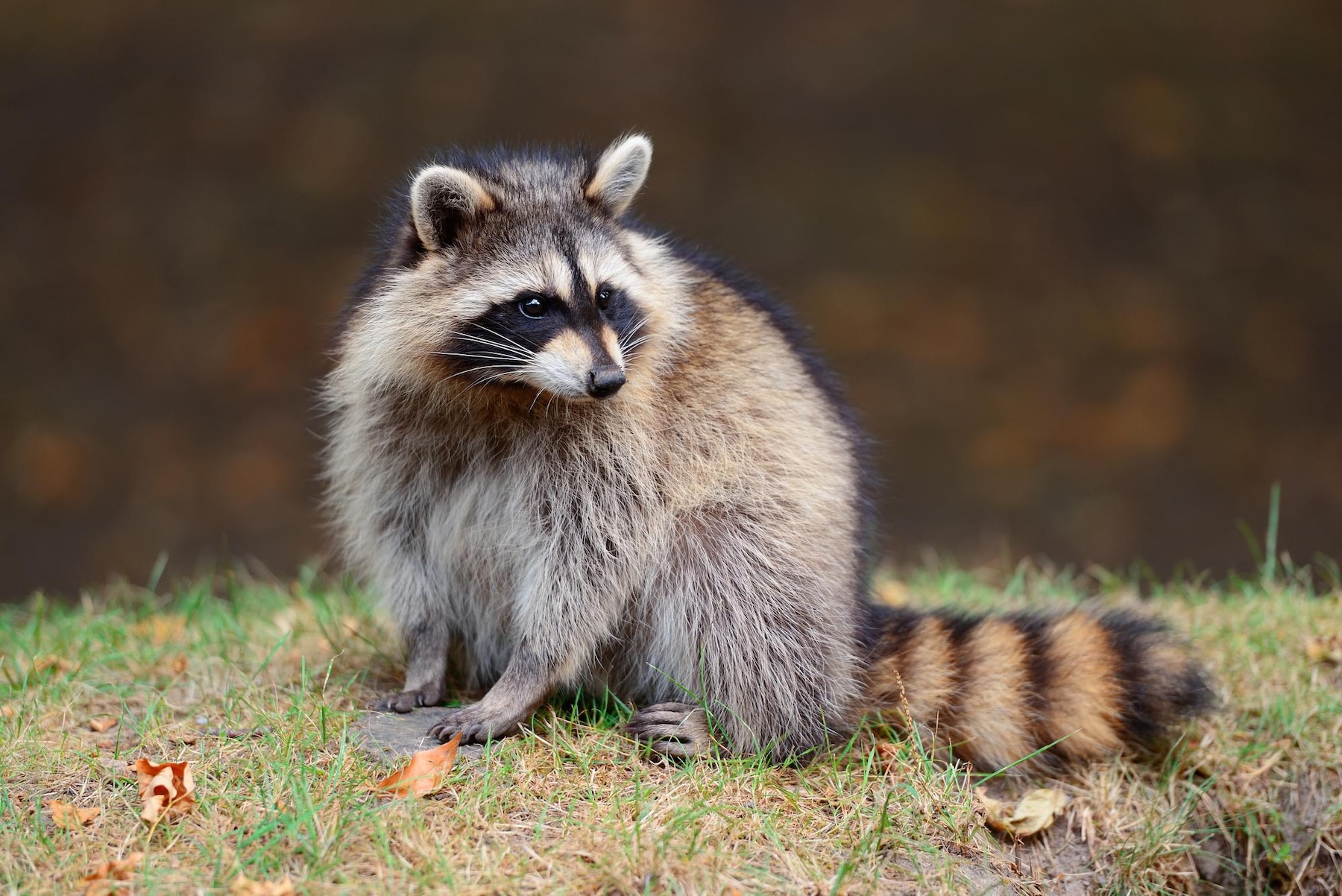
Set up a trap: Raccoons are likely to leave a property if their search for food in it fails. However, setting up a live raccoon trap may help if they are frequently spotted. Always wear protective clothing and equipment while handling a trap, and get acquainted with the safest ways to set up the trap. Ensure there is no trash or potential food sources nearby the trap and bait is the only attractant there. Also, ensure you are aware of the laws in your area before setting up, trapping, and relocating raccoons. For the best results, seek help from an expert.
Metro Pest employs humane traps in all of our animal removal services. The skilled and experienced raccoon trappers have in-depth knowledge and understanding of raccoon behaviors that help us capture these animals as quickly and humanely as possible.
Plug the gaps: Raccoons use their powerful smelling ability to locate foods, and they won't mind venturing into your home if their next meal is easily accessible. Examine the siding, foundation, roof, and other potential areas in your home for the availability of holes created by raccoons and seal them up with wood, expandable foam, or other items as needed. Also, do not forget to check your chimney openings, side vents, etc., that help with ventilation and protect the openings with barrier screens.
Keep foods away or covered: Raccoons are active at night and are most likely to get attracted to pet or bird feeders if left unattended. Do not leave these foods in the open at night, and buy bird feeders with covers. Invest in high-quality preventive barriers and screens to protect your garden or fish ponds in the backyard. Leftover foods and debris can be highly appealing to raccoons. Always secure the lids on your trash cans.
Clean out the nesting place: Once raccoons are removed, it is essential to check the extent of the mess left behind. Clean out the nesting place thoroughly and remove all the bedding materials. Seal all access points. Because of the dark and quiet environment, raccoons prefer areas under the home and deck. Using scent-based deterrents can make these areas less appealing to raccoons.
Use deterrents: You can also use sound or light deterrents activated by motion detection sensors in your yard and garden. These deterrents that detect movement and generate loud noises or flashes of bright light can help keep raccoons away.
Cut back trees: Examine all the possible ways raccoons can climb onto your roof. These are usually the bridges that raccoons and other animals can use to access your property and start their search for food and shelter. Trim away tree branches, bushes, and vegetation that touch your home. Use chimney caps for raccoons in chimney removal and cover over your vents.
How to use a raccoon trap?
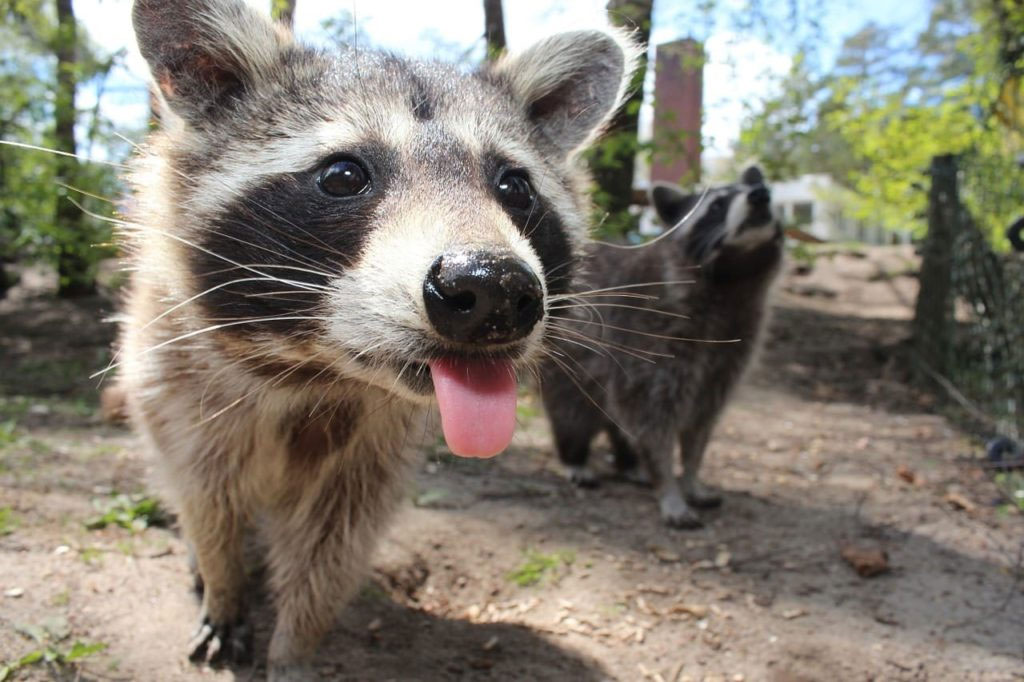
Capturing a raccoon in a live trap humanely and then releasing it appropriately is possible, but before everything else, get to know the laws and regulations in your area.
Ensure you have read all the instructions on how to use the trap correctly. The working mechanisms can differ from one trap to another. Some traps may be straightforward to set up and use, while others may need you to follow complicated steps. Knowing how to use them safely can prevent the likelihood of injuries and other issues.
Before setting up the trap, clean up any potential food sources and empty trash bins to ensure that the only appealing thing for raccoons available there is your bait. Set up the trap in an area where you have seen them feeding or near the places you think they are nesting.
Raccoons love to eat just about anything, so you can bait the live trap with any type of food, including pet foods, fruits, butter, etc.
Set the trap according to the instructions. As mentioned above, each trap is different, so it is a must to follow your trap's unique instructions. Also, always wear protective clothing and equipment such as gloves when handling a trap - even when the trap is empty.
It can take a few minutes to days to catch a raccoon. Regardless, do not forget to check the trap regularly. A raccoon, once caught, can quickly become anxious and scared. Do not leave it trapped. If the trap catches a raccoon and you forget to check the trap, the animal can injure itself in its attempt to get out.
Finally, relocate the raccoon following the rules and regulations of your area.
DIY Treatment Methods - Get rid of a raccoon in attic efficiently!
There are various DIY repellent methods that, when combined with other prevention methods, can keep raccoons away from your home. Please find some of them below -
Hot pepper and spices to your rescue: Raccoons hate the smell of hot peppers, so using them as part of your raccoon prevention can work. Soaking in hot pepper in water and spraying the solution in gardens and trash can discourage raccoons from entering your home. Alternatively, you can also use black pepper, cayenne pepper, and cinnamon as natural repellents and sprinkle them in areas frequented by raccoons.
Use ammonia: Raccoons usually avoid ammonia because they hate it, or for them, it may mean that other animals are nearby. Soak cotton balls in ammonia and place them wherever appropriate. Use this method with caution. Keep the cotton balls away from anyone's reach and ensure that no one inhales the ammonia and your pets are not near it.
Pet fur and urine: Another way to get rid of raccoons is to inform them of the availability of natural predators nearby. They usually fight with dogs and cats, so dumping your cat's or dog's fur or urine around the trash and garden may discourage raccoons from entering your premises. However, do not put your pets in a situation where they have to fight the raccoons, or they may end up harming and injuring themselves. Keep them inside the home and out of danger.
Seek professional help for best way to get rid of raccoons in attic and other places
We hope the above content has helped you gather some basic facts on the best way to get rid of raccoons. For the fastest, safest, and easiest way to remove raccoons from your home, please contact expert raccoon removal service providers.
Metro Pest Control should be your first choice for any pest-related issues. We service places such as New York City, Brooklyn, Nassau County, the Bronx, and Queens, among others. The Metro Pest Control Service was founded in 1977 and has been assisting individuals with pest problems ever since. In NYC, we are well-known termite exterminators. We also provide raccoon removal services in Nassau County. You can call us or contact us on our website, www.metropest.com.

